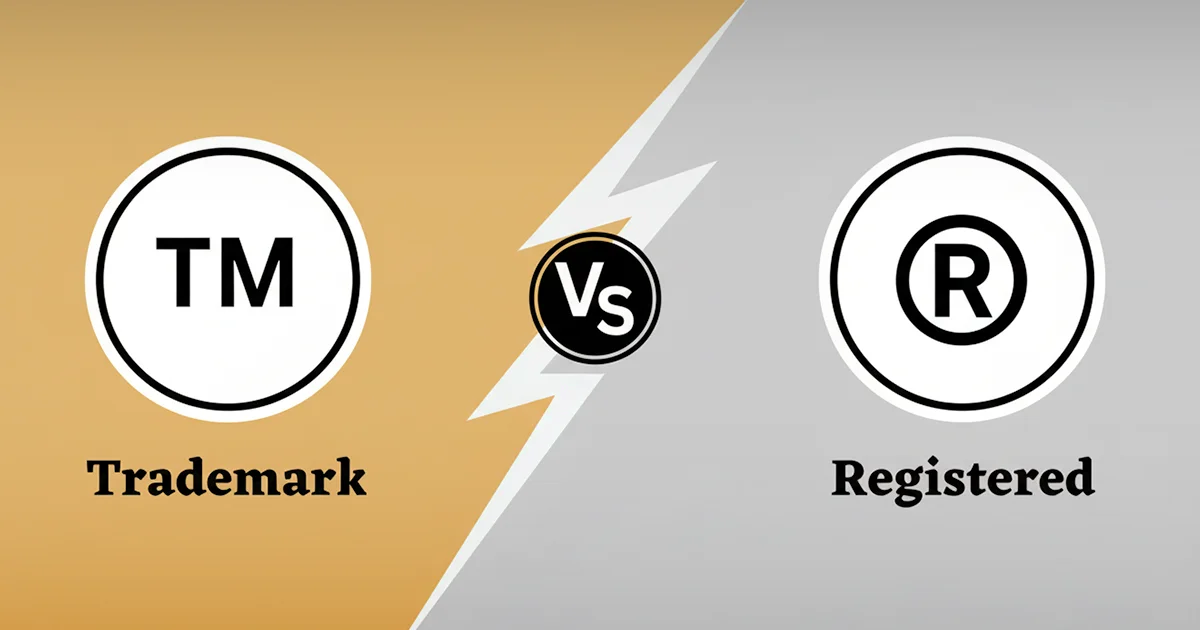Before you embark on the company registration process, it's essential to understand the eligibility criteria set out by the Companies Commission of Malaysia (SSM). This will help you choose the right business structure and prepare accordingly.
Who Can Register a Company in Malaysia?
Generally, both local (Malaysian citizens and permanent residents) and foreign individuals or corporate entities are eligible to register a company in Malaysia. The most common choice for foreign investors is a Private Limited Company (Sdn Bhd), as it offers limited liability protection and flexibility.
While most business structures are available to locals, foreigners have more limited options. Sole proprietorships and partnerships, for instance, are typically only open to Malaysian citizens or permanent residents. Therefore, for most Indian entrepreneurs, the Sdn Bhd is the primary and most practical choice for company registration in Malaysia.
Specifics for Indian Nationals
For Indian nationals, the process of company registration in Malaysia is quite favorable:
1. 100% Foreign Ownership
In many industries, you can achieve 100% foreign ownership of your Malaysian company. This means you don't necessarily need a local Malaysian partner for equity. Some sectors like professional services, retail, wholesale, banking, and education may have foreign ownership limits or need special approvals (e.g., WRT license).
Always verify the specific requirements for your intended business activity.
2. Director Residency
A key requirement for a Private Limited Company (Sdn Bhd) is that you must have at least one director who ordinarily resides in Malaysia. This director must be at least 18 years old and not disqualified under the Companies Act 2016 (e.g., not bankrupt or with certain criminal convictions).
- What does "ordinarily resides" mean? This generally implies having a principal place of residence in Malaysia. If you, as an Indian national, plan to relocate to Malaysia and obtain a valid work permit (Employment Pass), you can fulfill this requirement yourself. Otherwise, you would need to appoint a Malaysian citizen or a foreigner with valid residency as your resident director.
3. Shareholders
You need a minimum of one shareholder for a Private Limited Company. This shareholder can be an individual (local or foreign) or a corporate entity (e.g., your existing company in India). A director can also be a shareholder.
4. Company Secretary
Within 30 days of your company's incorporation, you must appoint a qualified company secretary. This individual must be a natural person, ordinarily resident in Malaysia, and licensed by the SSM or a member of a prescribed professional body. They play a crucial role in ensuring your company's compliance with Malaysian corporate law.
5. Registered Office Address
Every company in Malaysia must have a registered office address located within Malaysia. This will be the official address for all formal communications from the SSM and other government bodies.
6. Minimum Capital
The Companies Act 2016 allows RM1 minimum paid-up capital, but foreign-owned companies are usually advised to invest a higher amount. Some industries or visa requirements may demand higher paid-up capital, often RM500,000 (Rs. 1 Cr.) to RM1,000,000 (Rs. 2 Cr.). The company registration cost in Malaysia associated with this initial capital injection should be factored into your budget.














